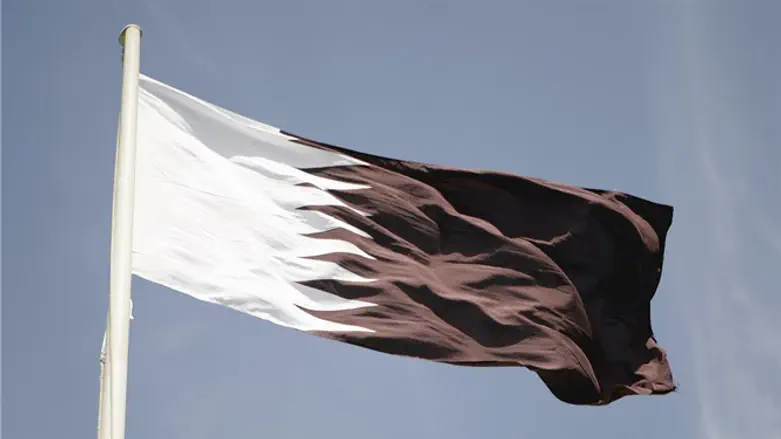
Qatar said on Wednesday it decided to return its ambassador to Tehran, more than 20 months after he was recalled in protest over the ransacking of Saudi Arabia's missions in Iran by demonstrators angry at Riyadh's execution of Shiite Muslim cleric Nimr al-Nimr, Reuters reported.
Qatar, along with Saudi Arabia, Kuwait, Bahrain and Sudan all recalled their ambassadors to Iran following the ransacking of the Saudi missions.
Things have changed in the region since, however. Wednesday's decision by Qatar comes amid a row between Doha and fellow Gulf Cooperation Council members Saudi Arabia, Bahrain and the United Arab Emirates, which together with Egypt accuse Qatar of supporting terrorism, a charge it denies.
In addition to cutting ties with Doha, the countries later placed dozens of figures linked to the country on blacklists, including Egyptian cleric Yusuf al-Qaradawi, one of the spiritual leaders of the Muslim Brotherhood.
The four boycotting countries delivered 13 demands to ending the crisis, including shutting the Al-Jazeera network, downgrading diplomatic ties with Iran and closing a Turkish military base.
After Qatar refused to adhere to the demands, the four boycotting countries rescinded them.
"Qatar announced that its ambassador to Tehran will return to resume his diplomatic duties," the Qatari foreign ministry's information office said in a statement in Arabic on its website on Wednesday.
It added that Doha wanted to strengthen ties in all fields with the Islamic republic.
The information office also said that Qatari Foreign Minister Sheikh Mohammed bin Abdulrahman al-Thani discussed "bilateral relations and means of boosting and developing them" in a telephone call with his Iranian counterpart Mohammad Javad Zarif.
The Qatari foreign ministry did not say when the ambassador will return to Tehran, according to Reuters.